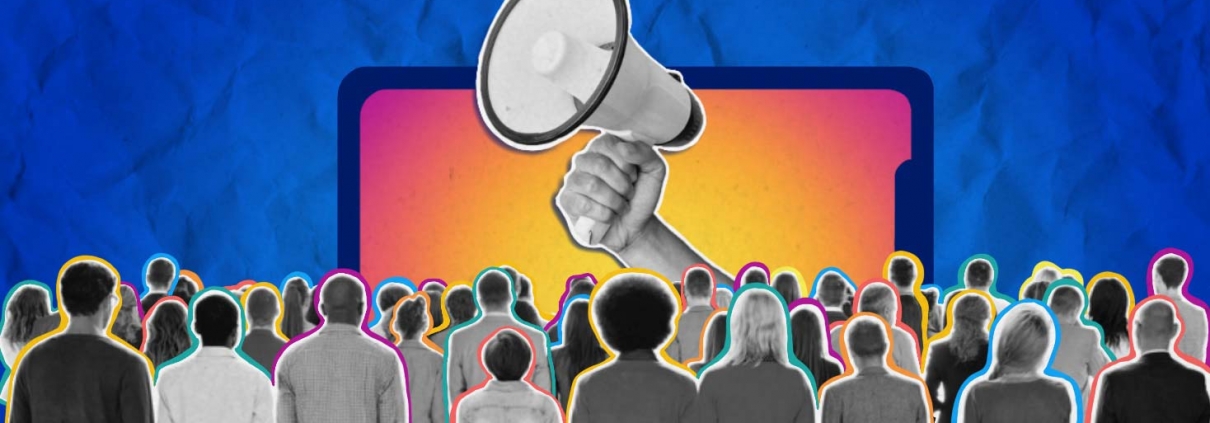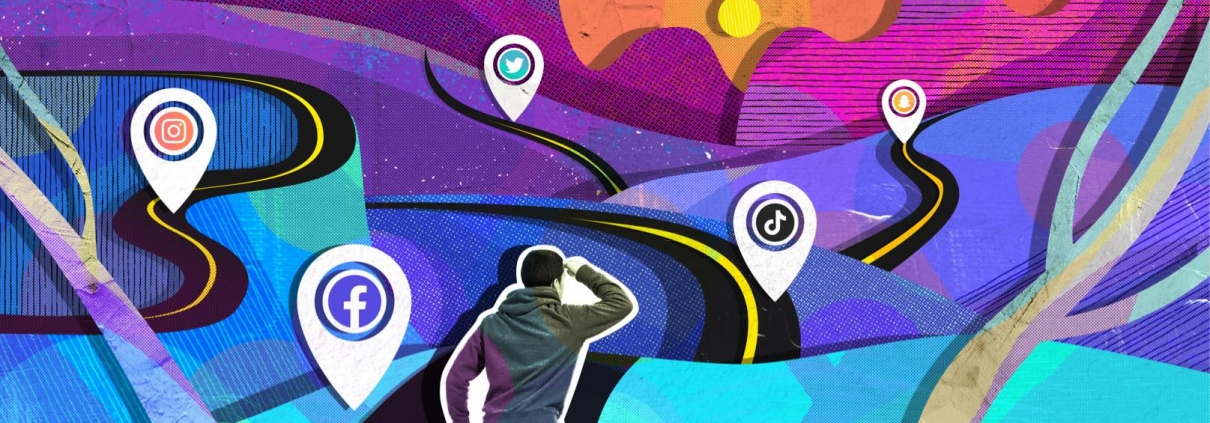Another challenge, based on observations from various patient leaders, is the tendency for a lot of information they find to either be inaccurate and outdated, due to less awareness around the condition, or focus on the most negative aspects of their condition, like mortality rates or side effects. Another Neuromyelitis-Optica.net patient leader lamented that many of the details about her condition she finds “may be a bit disheartening or difficult to hear,” but that you need to “do your best to get the most out of the information you find.”
Although many patient leaders recommend leaning on specialists as primary sources of information, some have lamented that some physicians have not been as informed about their condition as they would have hoped. One Myasthenia-Gravis.com patient leader states that “finding physicians, including neurologists, that are knowledgeable in autoimmune diseases like MG has been difficult for some and impossible for others.” She then asks, “Why are so many in the medical field gravely uninformed with what’s possibly causing those symptoms?”
As an extension of this predicament, some people with rare conditions are often tasked with providing condition-related education to the HCPs who are supposed to be providing them with clinical care. One Neuromyelitis-Optica.net patient leader observed, “Time and again, the rarity of NMO has made it impossible for me to seek medical attention without first educating and answering the questions of the medical professionals overseeing my care. For many physicians, I’m the first patient they’ve ever treated with NMO, and it’s likely I’ll be the last.”
Social Health Resources Provide Reliable Information
Despite many of these observations, In America surveys support that healthcare professionals are, and should be, viewed as the primary source of information for learning about or managing these rare conditions.
But an additional and prevailing finding across rare diseases, is that an array of social health resources – including condition-specific websites, social media channels and online patient communities – are ranked, often closely, right behind HCPs as sources of condition information. For example:
- For NMOSD In America respondents, the same amount (75%) leverage both HCPs and NMOSD-specific websites for information about living with or managing their condition.
- The top five resources for Thyroid Eye Disease In America respondents are rounded out, following HCPs (75%), by internet searches (65%), TED-specific websites (57%), online support groups or patient communities (34%) and Facebook (27%).
- After HCPs (73%), the three most used informational resources among Myasthenia Gravis In America respondents were MG-specific websites (71%), internet search (63%) and Facebook (41%).
While internet searches can be a good place to start or supplement information, some caution against accepting those results at face value. For example, a ThyroidEyeDisease.net patient leader who has both Hashimoto’s and Graves’ antibodies said a Google result erroneously stated that “you can only have one or the other.” She suggested others lean on their doctors and what their bodies tell them because “they will be more reliable than a search engine.” Similarly, a Myasthenia-Gravis.com patient leader categorized “the general (unmoderated) Internet” as “the most accessible but least reliable source of MG information” because, while some posts and comments can be valuable, “some are so vague or random they are counterproductive.”
Some patient leaders point to the benefits of using social media channels to find pertinent information. A Neuromyelitis-Optica.net patient leader said she “sought out other individuals living with this condition on social media.” One SpinalMuscularAtrophy.net patient leader said that he is a member of many SMA-related Facebook groups and finds them “very informative.” He continues that “there is a lot of information to be found in these groups” and encourages others to “join and add your two cents when you see fit.”
OHCs and condition-specific websites can be particularly helpful, especially when content is verified and conversations are moderated. As one patient leader explains, OHCs like “Myasthenia-Gravis.com can…offer you a lot of information on symptoms, diagnosis, living with MG, or caring for a loved one with the condition.” Another Myasthenia-Gravis.com patient leader affirmed that the intent of Health Union’s communities specifically is not to provide medical advice but to “have vetted responses that lead contributors to good sources of preliminary information” and “help people know when to be concerned and when to act.”
Better understanding the health journeys of people living with rare conditions, specifically the challenges they face finding vital information, will provide healthcare partners with what they need to provide necessary resources. Social health creates space for patients to discuss their unique challenges, allowing the healthcare industry to better address their needs.
Partner with Health Union to better understand these insights and to expertly navigate the expansive world of social health – from scalable online health communities and social extensions to comprehensive, quantitative, condition-specific data.




